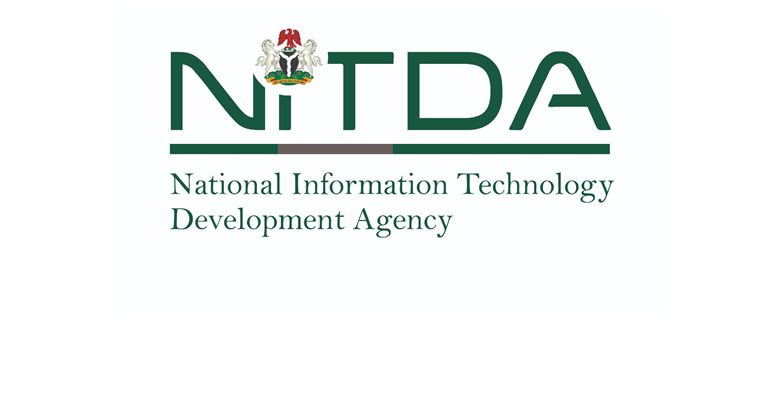The National Information Technology Development Agency has issued a warning to Nigerians, advising them to be cautious when scanning QR codes due to the increase in fraudulent activities carried out by scammers.
In its most recent guidance posted on its official X account on Sunday, the agency highlighted the concerning trend of people misusing QR codes for various fraudulent schemes, such as phishing scams, payment fraud, data theft, and identity theft.
QR codes, which are commonly known as machine-readable codes made up of black and white squares, are typically used for storing URLs or other information that can be accessed by smartphone cameras.
The guidance serves as a reminder for users to stay alert and take necessary precautions before scanning QR codes to reduce the risk of becoming victims of cyber scams.
The guidance mentioned, “QR codes, although convenient for quick access to information and actions, have unfortunately been used by scammers for fraudulent activities. These activities come in various forms and are intended to entice unsuspecting users into scanning them.
“The impact of these codes on users varies depending on the approach taken by the scammers. QR codes can be exploited by malicious actors to deceive unsuspecting users and carry out fraudulent activities.”
The NITDA revealed that fraudsters use various methods to carry out their illegal activities through QR codes.
“Phishing scammers can create QR codes that lead to malicious applications or phishing websites. Users scan these codes, believing them to be legitimate, and end up having their information stolen.
“Scammers can generate QR codes that initiate illicit transactions or redirect payments to their accounts instead of the intended recipients.
“Threat actors may embed malicious payloads like malware or data-stealing scripts within QR codes. By exploiting security vulnerabilities in users’ devices, they can steal private documents, financial information, and passwords, among other sensitive data.
“Users’ personal information, such as names, addresses, and contact details, can be gathered using QR codes placed in fake advertisements or online surveys. This information can then be exploited for identity theft or other targeted fraud,” the guidance added.
In its guidance, NITDA advised QR code users to be cautious when scanning codes from unfamiliar sources or unsolicited messages.
The agency stated the importance of verifying the legitimacy of QR codes and associated links before proceeding with scanning.
Furthermore, NITDA recommended using reputable QR code scanning apps with built-in security features.
The agency suggested keeping devices up to date with the latest antivirus software and security patches to enhance the protection of QR code users against potential cyber threats.
In January, the Cyber Security Experts Association of Nigeria projected an increase in insider threats for the country in 2024, due to a rise in the malicious use of artificial intelligence.
In 2024, experts said Nigeria needs to take multiple approaches to deal with the increasing cyber hacktivism threat. It is crucial to improve the cyber security infrastructure.
This means putting money into advanced security technologies and improving the skills of cyber security staff.



